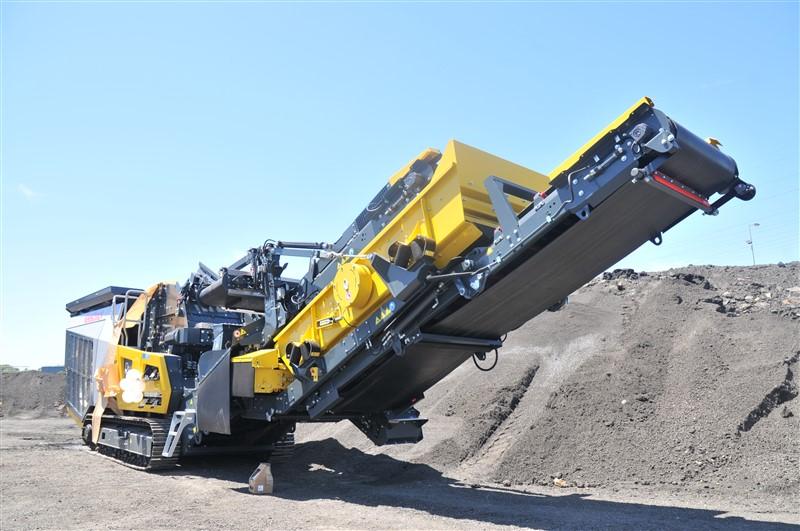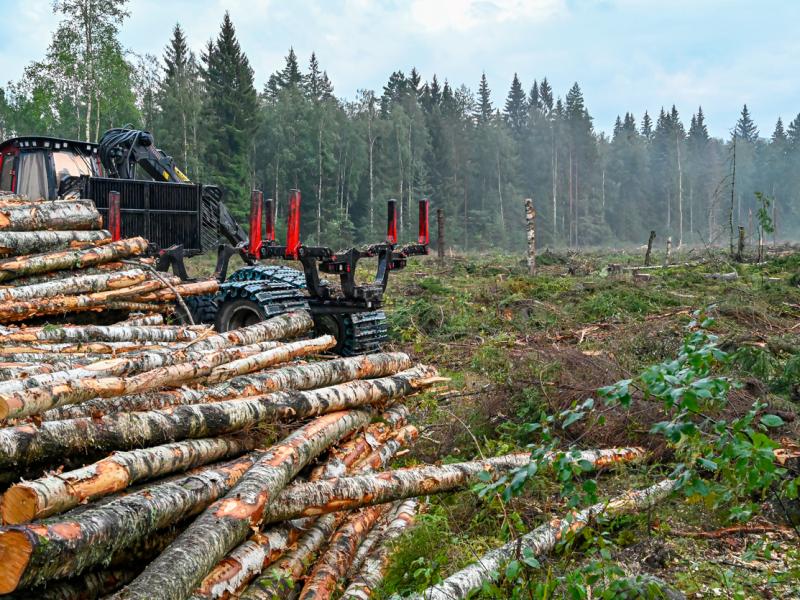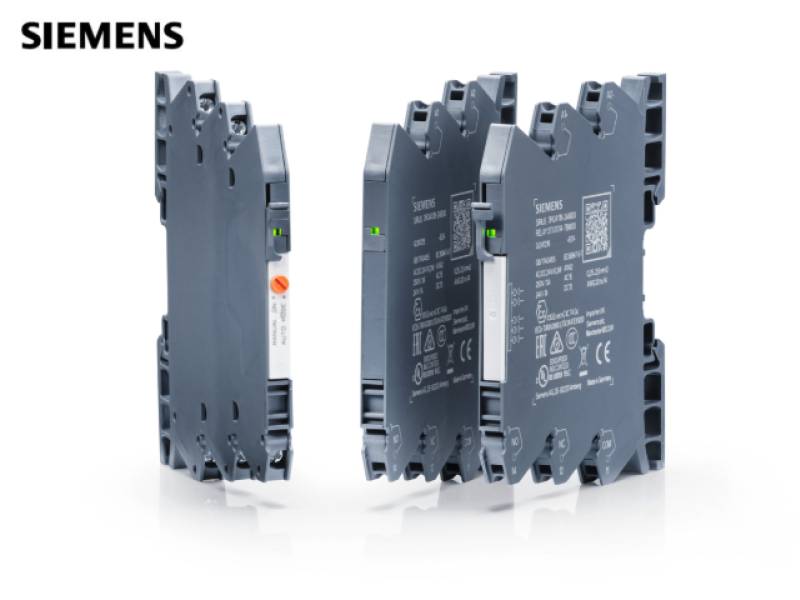In electrifying vehicles and equipment to reduce carbon emissions, the bigger they are the more challenging it becomes.
Infrastructure company Fulton Hogan has just flicked the switch on a ground-breaking fully electric mobile asphalt crusher, believed to be the first in Australasia.
The Belgian-designed Keestrack R3e, supplied by Equip2, is now being used in the company’s Mt Wellington, Auckland, asphalt recycling plant.
The asphalt recycling plant is itself a major environmental initiative, with recycled asphalt now constituting up to 40 percent of the mix in Fulton Hogan’s asphalt.
The new electric mobile asphalt crusher was commissioned shortly after Fulton Hogan introduced another large scale piece of electrically powered (augmented) equipment, the world’s first Volvo EC480EL 50 tonne hybrid excavator.
Equip2 General Manager Bert Hart said the electric crusher will save 78.75 tonnes of CO2 emissions per year compared with a diesel machine, based on it running 1,000 hours per year.
Equip2 specialises in equipping quarries, recyclers and materials businesses with machinery to sort, crush and shred materials like rocks, concrete waste and biomass. Mr Hart said the company has been playing its part to decarbonise the industry by providing hybrid diesel electric mobile material processing machinery for many years.
“We recognise the future is electric and we are transitioning our product range in line with rapidly growing customer demand. The machine we have supplied to Fulton Hogan crushes old asphalt into little pieces so it can be reused for future roading projects.”
Fulton Hogan Department Manager Wayne Richardson said Fulton Hogan aims to recycle all milled (or broken up) asphalt, blending it with virgin asphalt at mixes of between 10 percent and 40 percent - an example of the circular economy in practice.
He said Fulton Hogan had converted its Mt Wellington asphalt recycling plant’s crusher from diesel to electric earlier this year, and purchasing the fully electric Keestrack R3e mobile crusher was the next logical step.
“We learned a lot from converting the current mobile plant to electric. Now to have a brand new crusher from a world leader in sustainable crushing equipment is the icing on the cake.”
Mr Richardson said as well as zero emissions, the benefits of the electric-powered machine include reduced noise, greater dependability and greater torque.
“There’s almost no drawback, and even the initial price premium over an equivalent diesel-powered machine will quickly be addressed by lower energy costs, let alone all the environmental benefits.”
Fulton Hogan’s first diesel-to-electric mobile crusher conversion was at the Sids Quarry near Greymouth in 2020.
Mr Hart said aggregates are often a forgotten commodity. “People take for granted just how critical raw materials like aggregates are to modern life. New Zealand has one of the highest per capita usage of aggregate in the world. It forms the roads we drive on, the houses we live in, the buildings we work in and even the minerals we use in our food, healthcare and technology.”
He said the equipment Equip2 supplies is critical for the construction and maintenance of the country’s roading network.






